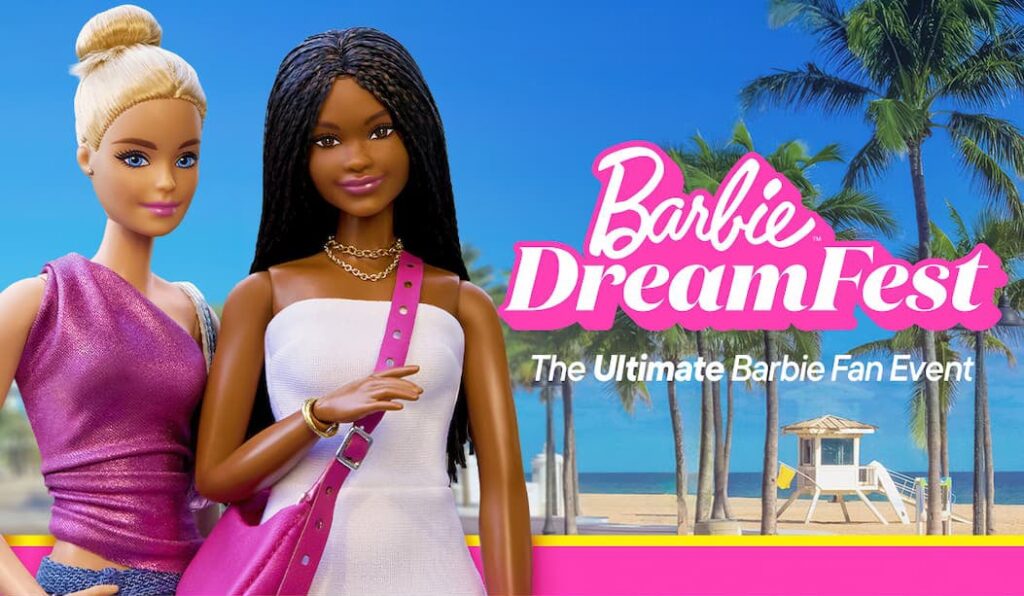It wasn’t long ago that Valueclick announced it had received an inquiry from the FTC over its end user acquisition practices, something that didn’t hurt the company’s stock until they barely missed their second quarter earnings, at which time the stock lost a third of its value. This week we learn of another incentive marketer also having issues to do their marketing methods, Florida based but Delaware incorporated TheUseful, known legally as World Avenue U.S.A. The once secretive company, takes a most likely unwelcome appearance in the public light thanks to a lawsuit recently announced against it by Florida Attorney General Bill McCollum. In a press release announcing the suit the AG adds, “significant problems stemming from the company’s Internet marketing practices, including concerns that consumers may be misled as they attempt to claim free offers of merchandise" and that, “My office is vigilant about anything that appears to be a deliberate attempt to misinform or mislead Floridians.”
The release also states, "The Attorney General’s investigation focused on determining whether or not the promotional merchandise was actually “free,” and, if not, determining whether the terms and conditions for receiving the promotional items were clearly and conspicuously disclosed, in a manner which would not be likely to mislead consumers." And, that, "After extensive review of the company’s promotional offers, investigators concluded that neither the ‘Program Details’ nor ‘Terms and Conditions’ found on the websites associated with the company’s offers clearly disclosed important caveats to the promotions. Disclaimers should have stated that every “free” gift required the consumer to make one or more cash purchases, that the combined dollar amount of purchases required to receive the gift could exceed the retail value of the ‘free’ gift." And, as if on cue, a pop-under has just made it past Firefox, advertising no less than a "Free*" laptop with "Free*" shipping from a certain company at an address similar to the one listed in the suit.
This pop-under serves to illustrate the issue at hand with incentive promotion and as we see in our article "Captured" promotions in general.
Those who have been in the online space for a while now, will recognize this style as one that has its roots back to Bonzi buddy of 2000, existing in various iterations since marketing sweepstakes to software. This particular one was used quite heavily by anti-spyware advertisers in 2004 and 2005, and was adopted not long after by the incentive promotion advertisers. This ad almost doesn’t make sense. As you can see, its pop looks very much like an operating system message, flashing in red and black, "System Status: Your Urgent Attention is Required." Enticing text follows, multiple mentions of "Free*" and the not so easy to find disclaimer saying nothing more than "See offer details." Keeping in tune with a system message, you find a back, next, and cancel button. Click next or cancel for that matter and you go to the now familiar email submit offer.
The incentive space is merely a reflection of human nature, an embodiment of capitalism, competition, and the impersonal nature of Internet advertising. We as people, and it starts at a young age, like to push the envelope. We keep pushing until we get some pushback. And, when markets slow down, and/or when competition increases, and/or in the absence of the push back, it only leads us to push even more. That’s what we see with the incentive promotion space, and it’s what we’re seeing in the newest generation of ads, ones that tell you they can predict your future, name your soul mate, and/or tell you who has a crush on you. There is nothing new going on here, nothing necessarily more egregious than before. If anything, we have more disclaimers now, so why are these issues seemingly happening all at once? Truth is that this isn’t coming all at once. It’s been years in the making, but unlike conversion rates, the feedback loop on issues relating to potential policy violations takes a long time. And, the more that’s at stake for a user, the more money a person might spend inadvertently, the quicker the response. That’s why we worry about some of today’s mobile marketing methods. The push back just isn’t there, or if it is, it isn’t uniform. Some people feel it while others don’t and so long as enough don’t, the whole group reverts to the lowest common denominator.
Now is not the time to blame those in the incentive space, but to learn from them. With the announcement of the FTC issue. We’re so used to doing what we want with limited regard to proper preparation. The immediacy of our space is simply too tempting. Why wait to have everything planned for in advance if you don’t know it’s going to work. Then, once it works, the focus is about keeping it going, and besides, the worst that seems possible is someone being upset. That’s our lesson. The worst that can happen is not just a distant consumer, but having, up to years after you began, the government on you. So, listen carefully to what the Attorney General said and make sure your Terms and Conditions clearly disclose "important caveats" to the promotions. Ask yourself, does my promotion "appear to be a deliberate attempt to misinform or mislead?" If yes, then just realize what can happen. It might be a case where asking permission is better than asking for forgiveness. Easier said than done of course, because if you don’t run that offer, someone else will. It’s a gamble, and that more than anything explains why we do what we do.



